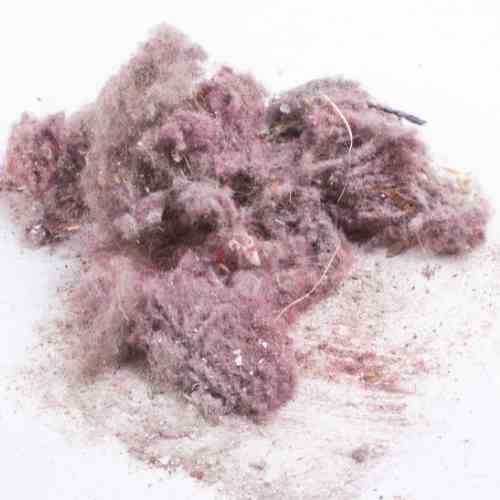Having good indoor air quality is essential for healthy living as the air we breathe can impact our wellbeing both physically and mentally. In this guide, you will learn more about how to identify and improve your home's air quality and how to create a healthier indoor environment.
What is indoor air quality?
Indoor air quality is a measure of how clean the air inside your home is by looking at the concentration of pollutants like dust, pollen, mold spores, volatile organic compounds (VOCs), carbon monoxide and other gases. High concentrations of these pollutants can trigger allergies and asthma symptoms, as well as cause headaches, dizziness and fatigue. Good indoor air quality can help to create an environment where you can breathe more easily and be more comfortable in your home.

Symptoms of poor indoor air quality
Poor indoor air quality can cause health problems such as allergies, eye and throat irritation, headaches and nausea. It can also worsen existing conditions like asthma. People living or working in poorly ventilated buildings may experience more severe symptoms than others. Some signs of an issue include stuffy air, odors, visible mold or dust particles, and increased humidity. Taking action to improve indoor air quality is important for your comfort and health.
Causes of indoor air pollution
A variety of factors can contribute to poor indoor air quality. Common culprits include dust and pollen, pet dander, cleaning chemicals, volatile organic compounds (VOCs) from paint or furniture, smoke from candles and fireplaces, bacterial and fungal growth due to water damage, carbon monoxide from furnaces and other appliances, and radon gas. All these pollutants can build up over time if there is insufficient ventilation or air filtration in the home.

Solutions to improve the air quality in your home
Improving the air quality in your home is important for staying healthy and comfortable year round - here are a few solutions to consider taking to get started. Regularly changing or cleaning HVAC filters helps remove dust, dirt, hair and other particles from circulating through the home. Installing an appropriate ventilation system can help draw fresh air in, while sending pollutants outside.
An air purifier can also be used to trap harmful agents like bacteria, mold spores and VOCs out of the air.
This type of filtration system can filter out over 99% of common airborne pollutants.
Benefits of good IAQ
Good indoor air quality can help protect your family from the effects of poor health, such as respiratory issues. Furthermore, good IAQ can reduce dust and dirt in the air, helping to create a more comfortable living environment. Additionally, good IAQ can help improve the efficiency of your HVAC system by reducing its workload so it can perform optimally and save energy costs over time. Lastly, improved IAQ can make your home smell fresh and help you to feel better overall!


